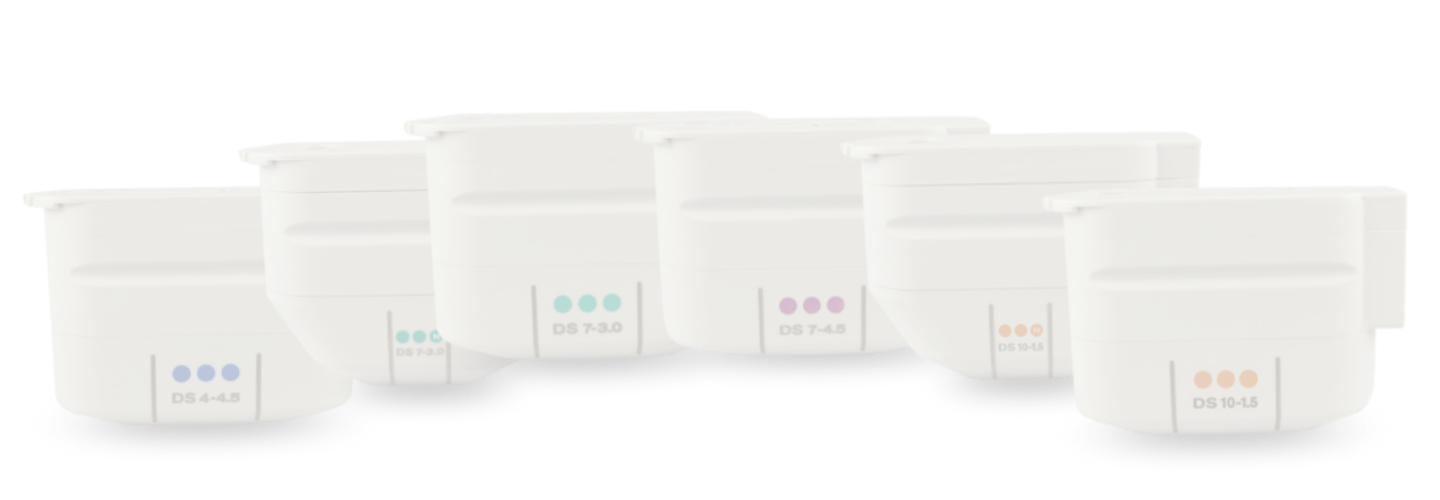Important Safety Information
This program guide was designed for educational purposes only and is not a substitute for medical advice.
Important Compounded Sublingual Oral Semaglutide Safety Information
THIS PROGRAM GUIDE AND COMMUNICATIONS ARISING OUT OF OR RELATED TO IT ARE NOT INTENDED TO BE A REPLACEMENT FOR OR SUBSTITUTION OF PROFESSIONAL MEDICAL ADVICE. THIS PROGRAM GUIDE DOES NOT CONSTITUTE MEDICAL ADVICE, DIAGNOSIS, OR TREATMENT. YOU ACKNOWLEDGE AND UNDERSTAND THAT YOU WILL SEEK THE ADVICE OF A PHYSICIAN OR OTHER QUALIFIED HEALTHCARE PROVIDER WITH ANY QUESTIONS THAT ARISE REGARDING ANY MEDICAL CONDITION OR DIAGNOSIS IMPLICATED HEREIN. YOU ACKNOWLEDGE THAT ALL INFORMATION AND GUIDANCE PROVIDED TO YOU IS OFFERED SOLELY AT YOUR OWN RISK. MEDSHIFT MAKES NO REPRESENTATIONS OR WARRANTIES OF ANY KIND, AND EXPRESSLY DISCLAIMS ALL WARRANTIES, WHETHER IMPLIED, EXPRESS, OR STATOURTY, OR ARISING OUT OF CUSTOM OR COURSE OF DEALING OR USAGE OF OR IN THE TRADE, INCLUDING, WITHOUT LIMITATION, WARRANTIES OF MERCHANTABILITY OR FITNESS FOR A PARTICULAR PURPOSE.
This program guide was current when published. Every reasonable effort has been made to ensure the accuracy of the information contained herein. This program guide instead provides an overview of Compounded Sublingual Oral Semaglutide and explains the principles and guidelines for treatment. Serious side effects include possible thyroid tumors, cancer, pancreatitis, vision changes, low blood sugar, kidney problems, gallbladder problems, and serious allergic reactions.
MedShift does not represent the manufacturers of any products mentioned in this program guide, nor do MedShift employees or partners make any representation that the information contained in this guide is complete and accurate. Only licensed medical professionals should determine whether any given medical treatment is suitable for their patients.
What Does it Mean to Be Compounded?
What is Compounded Medication?
-
Compounded medications provide a means to customize medications to fit the needs of practices and their patients while still holding to the roots of the profession of pharmacy.
-
Compounding pharmacies can produce unique dosage forms based on patient preferences and restrictions. Examples include dye-free, preservative-free, alcohol-free, and sugar-free forms of medications.
-
Many compounds are specialized medication combinations or compounded forms that are not commercially available.
-
Pharmacists are trained in compounding a wide variety of medications that can make them easier to take and address special health problems.
What to Know About Compounded Medications.
-
Compounded medications are generally safe and effective for most patients who have talked to their doctor about their health and how a compounded medication can help them.
-
Medications are compounded and dispensed only upon receipt of a valid patient-specific prescription.
-
In the case of Semaglutide, the pharmacy is compounding it into an orally dissolving tablet which is a dosage form that is not available from any drug company.
-
The FDA is allowing compounding pharmacies to make Semaglutide, because manufacturers are not able to keep up with the demand for the drug, causing a large shortage of brand-name medications.
-
While a compounded medication is not a true generic for brand name medications, it is made with the same ingredients.
Frequently Asked Questions
Has the FDA Indicated Semaglutide?
-
Semaglutide is indicated for the treatment of obesity and for chronic weight management as an adjunct to a reduced-calorie diet and increased physical activity. It is contraindicated in patients with a personal or family history of medullary thyroid carcinoma (MTC) or in patients with Multiple Endocrine Neoplasia syndrome type 2 (MEN 2).
How Long Does It Take to See Results?
-
In a recent study, patients lost an average of 10.9% of their body weight over 6. months*.
Does the Sublingual Oral Version Work Differently than the Injectable?
-
Many patients who receive weekly, injectable Semaglutide report the effects of the medication start to wear off after 4-5 days, leaving them feeling very hungry until their next injection. One benefit of Sublingual Oral Semaglutide is that the daily dosing keeps their Semaglutide blood levels more stable, therefore patients don’t have several days during the week where the medication is not working for them.
What Are Common Side Effects & How Are They Managed?
-
Patients report side effects, although they are generally mild and decrease over time as their bodies become adjusted. Common side effects include nausea, vomiting, diarrhea, and constipation. Side effects are managed by starting on a lower dose (0.5mg daily) for 30-60 days before increasing the dose to 1mg daily. This is an advantage over weekly injectable regimens where patients can experience side effects for several days after an injection with no ability to modify their dosing regimen.
How is Sublingual Oral Semaglutide Different?
-
Compounding GLP-1 into an orally dissolving tablet is a dosage form that is not available from any drug company. Sublingually administered medications are placed under your tongue to dissolve. They’re absorbed by the tissue in this area before directly passing into the bloodstream. When comparing traditional oral versus sublingual medications, sublingual medications start to work faster as they don’t have to pass through your gastrointestinal tract or liver.
Is Compounded Semaglutide FDA-Approved?
-
The FDA is allowing compounding pharmacies to make Semaglutide, because manufacturers are not able to keep up with the demand for the drug, causing a large shortage of brand-name medications. While a compounded medication is not a true generic for brand name medications, it is made with the same ingredients. Compounding drugs includes combining two or more drugs, often tailored to meet the needs of an individual patient. For that reason, the FDA does not have an approval process for compounded drugs.
What are the serious side effects?
-
Serious side effects include possible thyroid tumors, cancer, pancreatitis, vision changes, low blood sugar, kidney problems, gallbladder problems, and serious allergic reactions.








